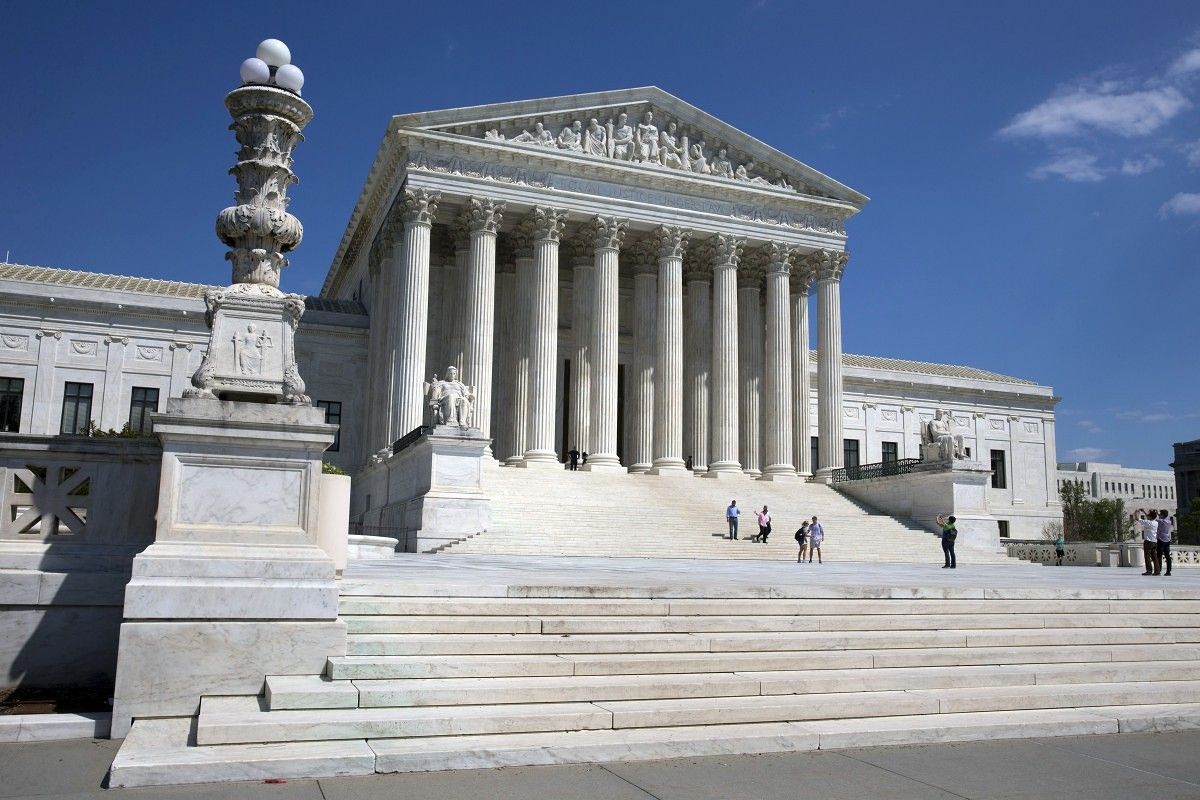Nearly 11 years after the dispute began, Google v Oracle seems to have finally come to an end. In a 6-2 decision delivered by Justice Breyer, the U.S. Supreme Court reversed the decision of the U.S. Court of Appeals for the Federal Circuit, granting Google victory in the over decade-long dispute over copyright infringement.
Shortly after Oracle acquired Sun Microsystems (the creators of the Java programming language) back in 2010, the company filed a lawsuit accusing Google of using copyrighted APIs when developing Android. At the heart of the issue is that Google reimplemented the API of Oracle's JDK in order to allow for platform compatibility and binary interoperability. Oracle argued that Google's reimplementation violated the former's intellectual property and demanded license fees be paid, while Google argued the reimplementation was covered under fair use and was necessary to allow existing Java programs to interface with Android.
The U.S. Supreme Court has ruled that Google's API reimplementation was a fair use of that material as a matter of law. However, they declined to weigh in on the matter of whether or not APIs are copyrightable in the first place. Thus, it's possible we'll see similar litigation play out in the courts until this matter is settled.
If Oracle had won this case, then Google would have had to pay out billions in damages. Furthermore, a loss for Google could have reshaped the software industry given how many systems today rely on API compatibility between different platforms. Kent Walker, Google's chief legal officer, said the Court's decision is “a victory for consumers, interoperability, and computer science.”
The U.S. Supreme Court's full 62-page decision can be read here.
Updating...

